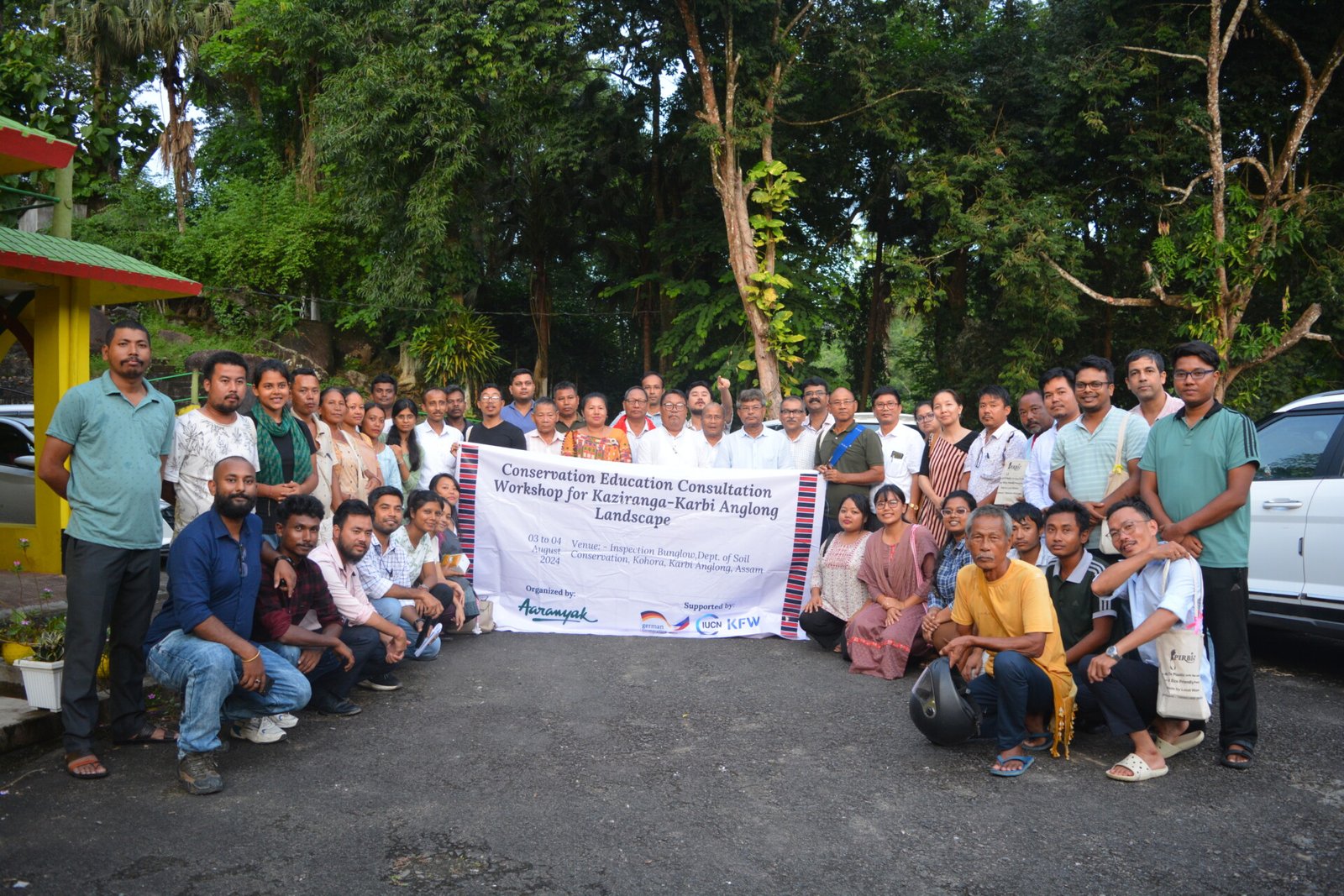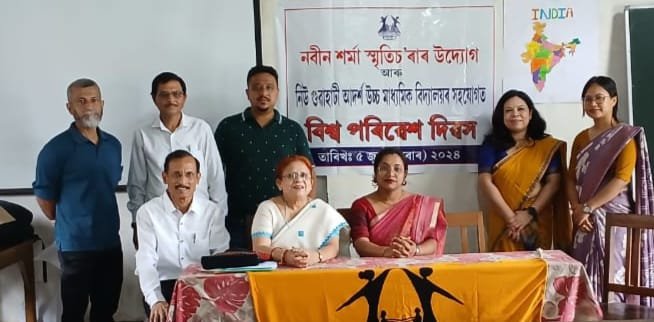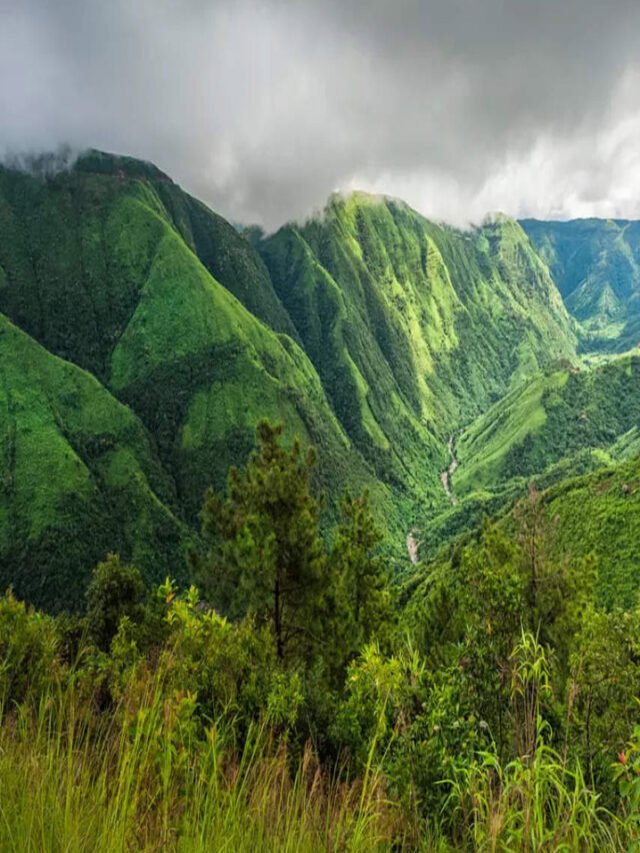HT Bureau
GUWAHATI, July 23: As part of Alternative Sustainable Livelihood (ASL) initiatives, the region’s premier biodiversity conservation organisation, Aaranyak, in collaboration with Rabha Agrotech, recently organised a comprehensive summer mushroom cultivation training program for marginalised Karbi families in the Karbi Anglong district.
The training began on June 22 and ended on July 18 in two phases—preliminary and final—and was administered both centrally and at the village cluster level.
The training targeted interested persons from 10 villages in the Kaziranga-Karbi Anglong landscape, with the purpose of supporting alternative sustainable livelihood opportunities through summer mushroom cultivation for marginalised families.
Twenty women from 10 villages participated in the preliminary training and learned crucial processes such as paddy straw cutting, sterilisation through boiling, and mushroom cylinder preparation. These cylinders were then stored in a dark room for 20-25 days before proceeding to the further steps of summer mushroom cultivation.
After 25 days, the final phase of training was held in Chandrasing Rongpi Village with 19 participants. The event featured advanced steps like sand and vermicompost casting processes on the mushroom cylinders. Specific requirements and sterilisation of sand and vermicompost by chemical and non-chemical processes were also taught by the trainer.
A key outcome of the training was that all central training participants agreed to organise similar training in their respective villages and train interested individuals. This approach aims to extend knowledge to those who couldn’t attend the central training, ensuring wider dissemination of mushroom cultivation techniques.
The day’s agenda included a welcome speech by Sarlongjon Teron, senior project officer at Aaranyak, and a practical session with hands-on training and discussions led by the mushroom trainer, Manoranjan Saikia, who guided the participants through the steps involved in summer mushroom cultivation and motivated them by highlighting the potential for financial prosperity through mushroom cultivation.
Participants such as Jirhun Killingpi and Kareng Rongpipi shared their enthusiasm and gratitude for the training. “We are very enthusiastic and excited. We have already trained 57 interested women in our respective village in the preliminary phase of summer mushroom cultivation, and we are optimistic about the benefits it will bring,” Jirhun Killingpi said.
Another participant, Kareng Rongpipi, thanked Aaranyak for their unwavering support and dedication towards the community, stating, “Now we have been able to participate in different livelihood training programs that were once a distant dream. We are immensely grateful for their commitment to our community and landscape.”
This training program was an overall success, as all participants completed the course. The enthusiasm and active engagement of the attendees throughout both phases of the training demonstrated their keen interest in learning mushroom cultivation techniques. The whole initiative is supported by IUCN, Kfw.
The rest of the organising team of Aaranyak comprised project officer Joshna Terangpi, assistant project officer (trainee) Sarlongki Teron, field assistants Prokash Engti and Beauty Terangpi, and volunteer Stephan Tokbi.












